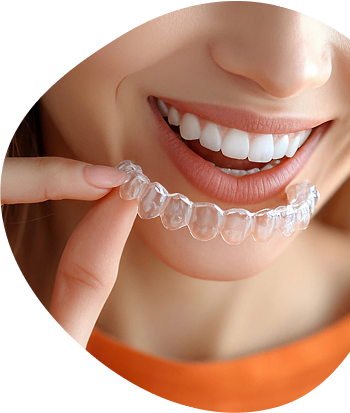When you have sinus pressure or a sinus infection, one of the first symptoms you notice is your teeth or mouth begin to hurt. When most people begin to feel pain in their mouth, they automatically think they have a cavity. Since our bodies are interconnected in so many different ways, it is possible, and studies have shown that sinus pressure is related to tooth pain. Now your question may be, how can you tell the difference between the two? Here are a few ways to decide whether you have sinus pressure or a toothache:
Sinus Pressure Symptoms
Sinus pressure can be very uncomfortable, especially if you are prone to allergies. Major sinus pressure symptoms can include:
- Nasal drip
- Pressure on the sinus cavities resulting in what is commonly referred to as a “sinus headache.”
- Dizziness
- Congestion
Toothache Symptoms
A toothache is one of the worst pains you can experience, especially because of the sensitivity of your mouth due to all of the different nerve endings in it. Some toothache symptoms to watch out for include:
- Continuous pain or throbbing in toot.
- Painful to touch
- The jaw is sensitive to touch and is very tender in the tooth pain area.
- Fever
- Sensitivity to hold or cold food or drinks.
- Generally feeling tired or badly.
Now with all of these symptoms being pointed out, it is still true that tooth pain can be a symptom of sinus pressure, but typically it will come with one, if not all, of the other sinus pressure symptoms. Before scheduling an appointment with your doctor or dentist, review the symptoms you have to narrow out which one it could possibly be so you do not make a doctors visit and it not be what you initially thought.










.png)


